#augustman magazine
Photo
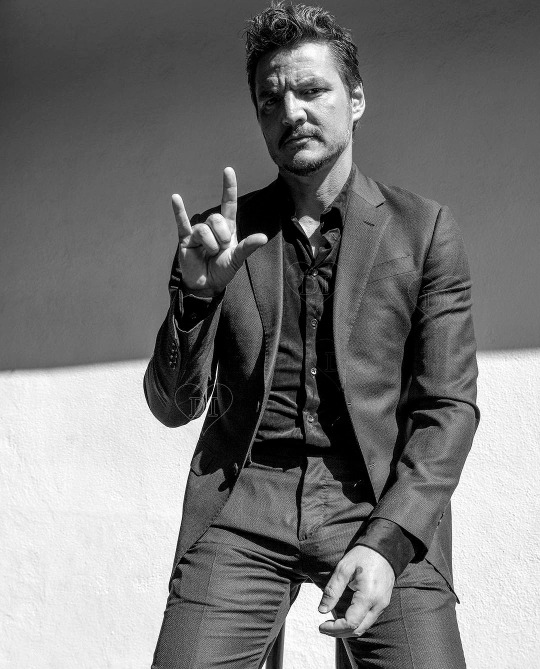
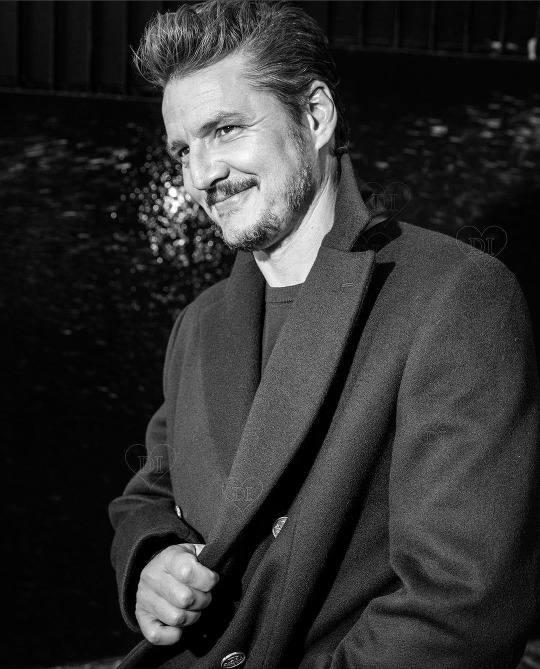
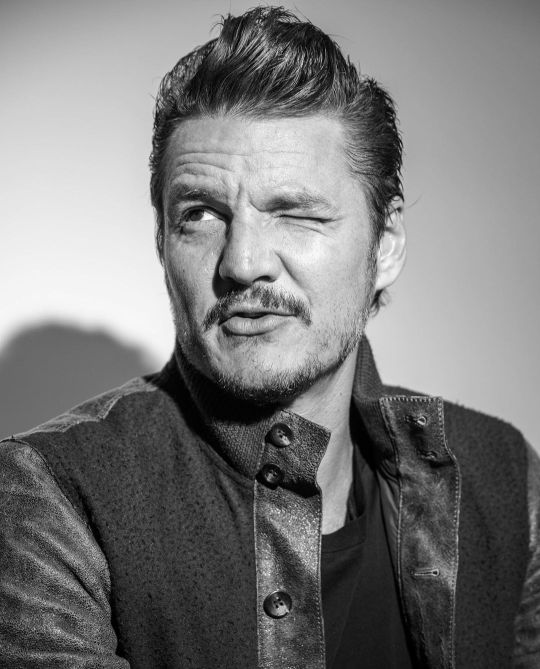

PEDRO PASCAL
AugustMan (2019) - Outtakes
ph. Doug Inglish
#pedro pascal#photoshoot#augustman magazine#pedropascaledit#ppascaledit#mensource#flawlessgentlemen#mancandykings#via Doug's ig
838 notes
·
View notes
Photo
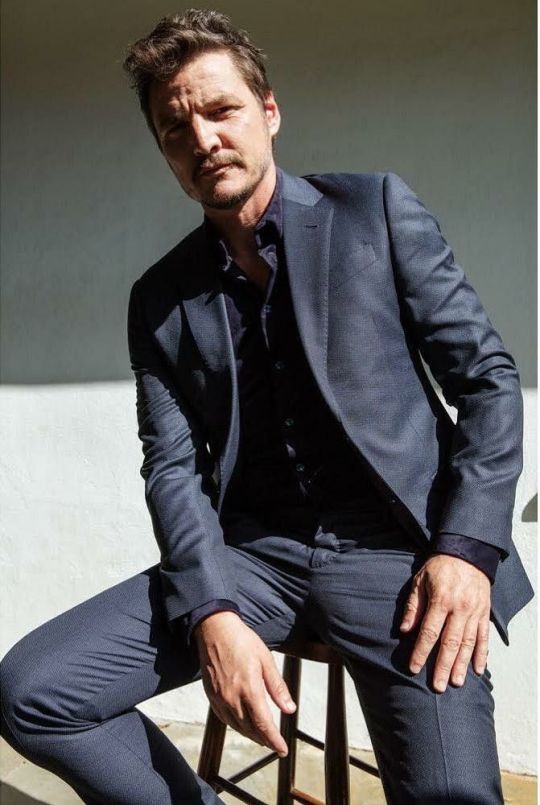
Pedro Pascal for Augustman
26 notes
·
View notes
Text

Shoot: Augustman Singapore, Oct 2019 Issue. Published online on Oct 10th 2019.
Photographer: Doug Inglish
Interviewer: Cezar Greif
Grooming: Mira Chai Hyde
Full interview, behind the scenes, outtakes & shoot photographs below. 👇🏻
Jett's Pedro's Shoots Masterlist
• Cover shot and original images used in the magazine.

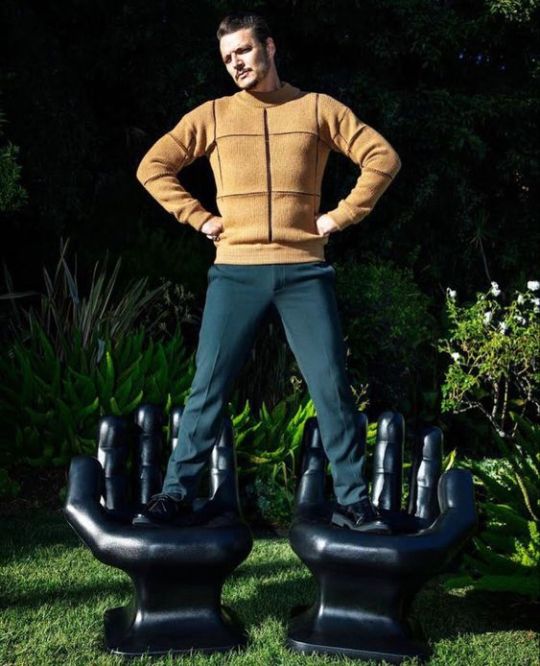
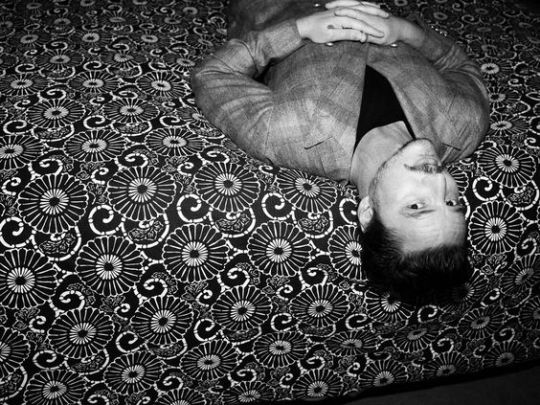

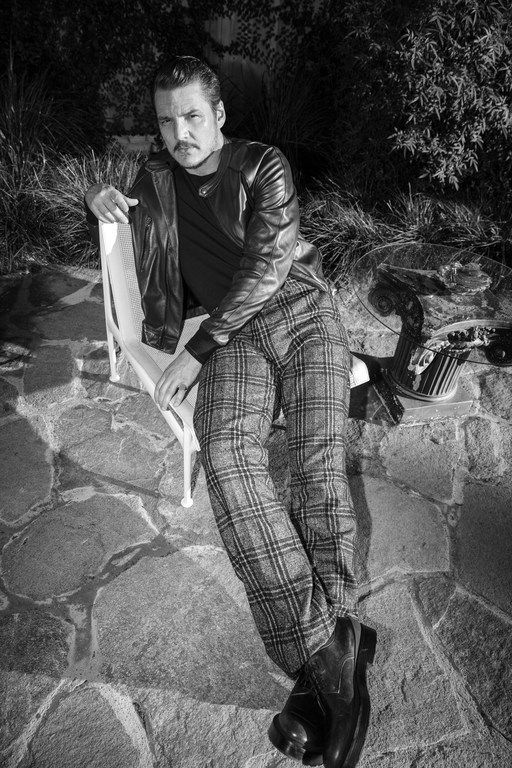
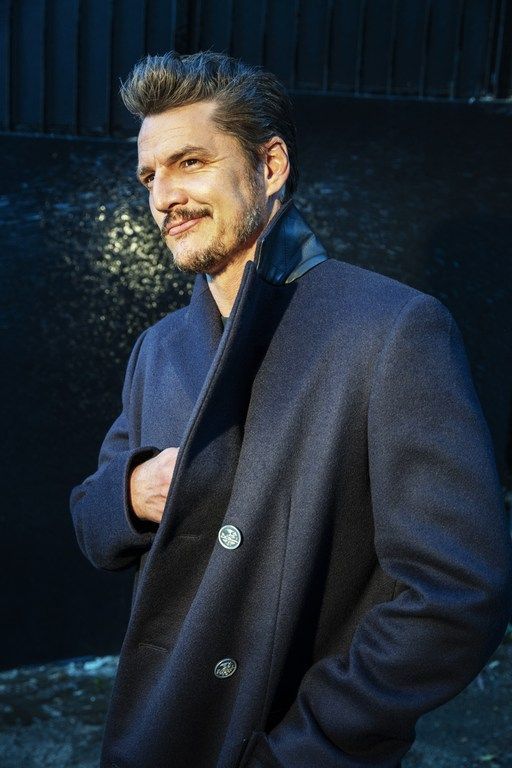

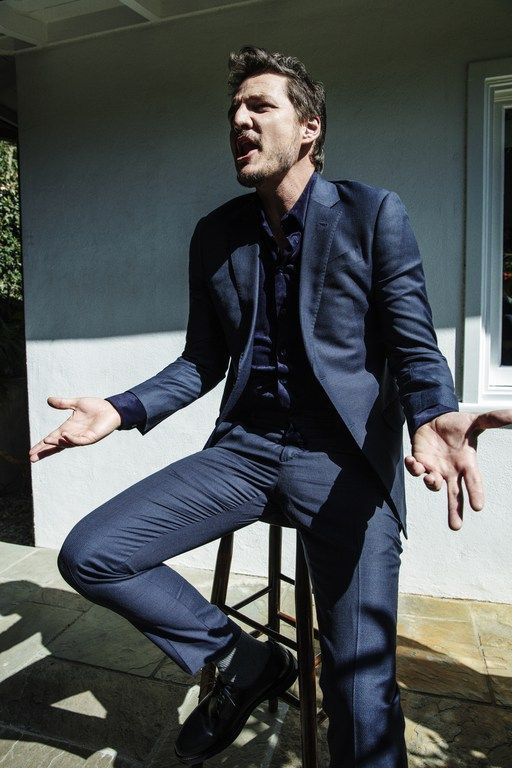
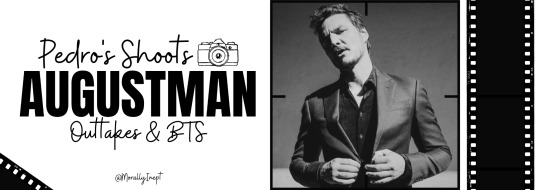
• Outtakes and behind the scenes images.
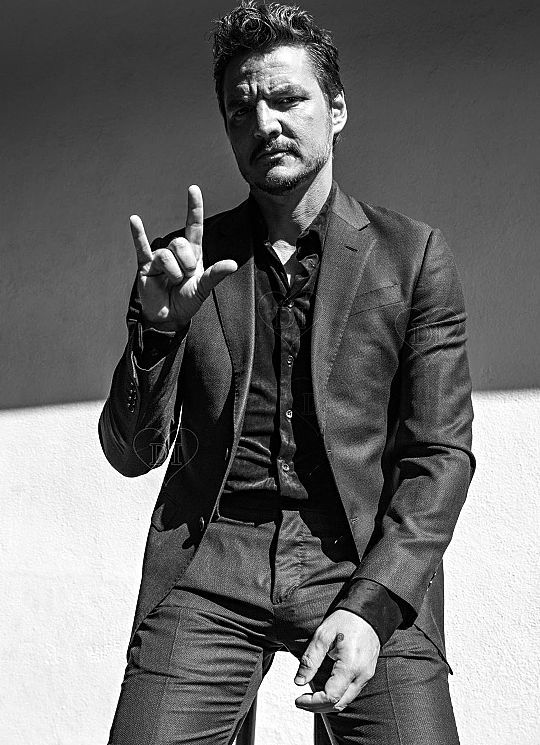
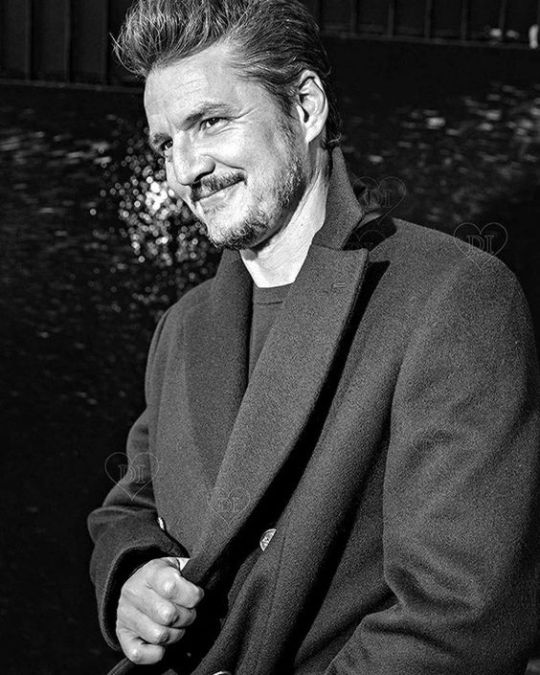
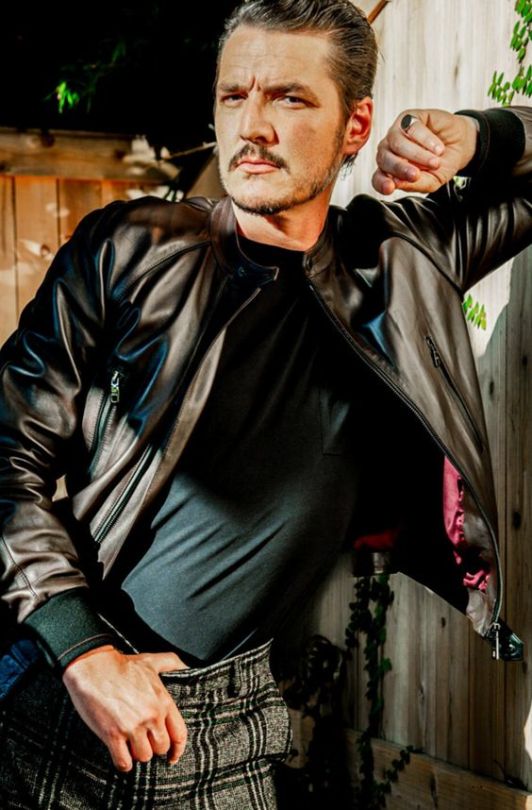



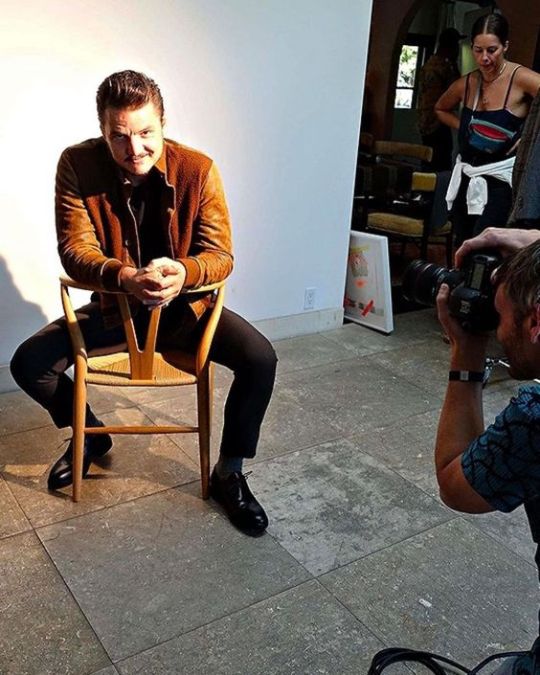
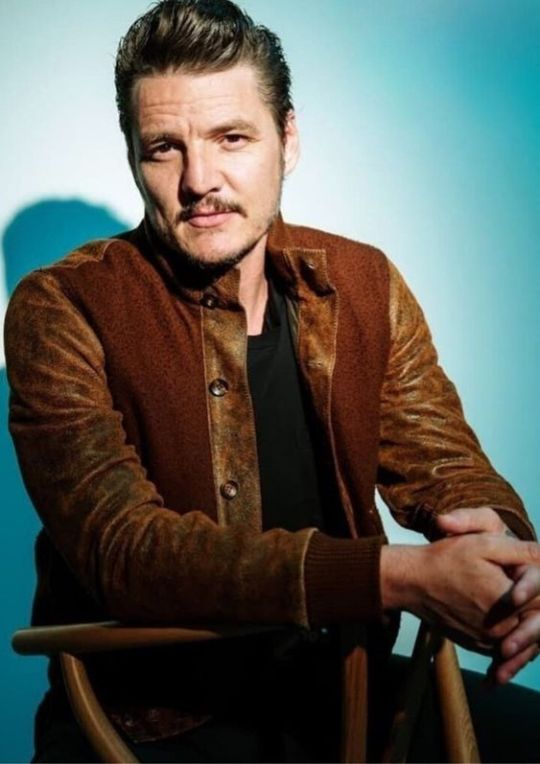

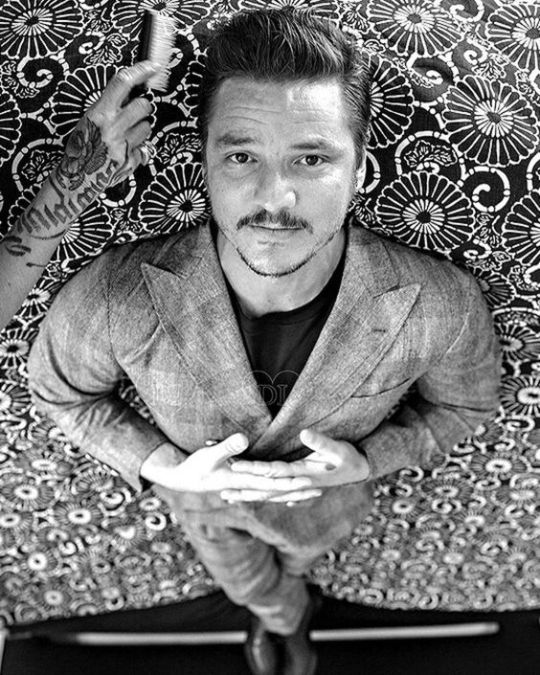



• Full interview.
Pedro Pascal: Life before and after Game of Thrones.
Until recently, people were still erroneously addressing Pedro Pascal as Pascal Pedro. But he didn’t mind. Years of struggle in New York’s theatre scene had taught him to take things in stride. Pascal had studied drama in NYU, with his appearances on television after that limited to bit parts in Buffy the Vampire Slayer and a few cop dramas. It took Game of Thrones, playing the part of Oberyn Martell, to make Pascal a household name – at the age of 37, no less.
Since that breakout role, Pascal has been busy. Among other works, he starred opposite Denzel Washington in The Equalizer 2, played a leading role in the Netflix biographical crime series Narcos, and acted as Agent Whiskey in Kingsman: The Golden Circle. There’s more to come, beginning with the titular character in The Mandalorian, which airs on Disney’s new streaming service Disney+ this November. In June next year, Pascal is slated to appear in the next Wonder Woman movie as the villain Maxwell Lord. Clearly, the man’s career has just properly started.
When did you first fall in love with acting?
At a very young age. My father used to take us to the movies three times a week. He’d come home from work and ask if we wanted to go see something, and we would, of course, want to go. I saw First Blood, The Big Chill, and so many other films. There was one summer when my mother would drop me off at the movie theatre as though it was daycare – times were different back then.
I’d watch a few screenings of movies like Poltergeist in one afternoon before she picked me up at six. This exposure to films led to a hobby in acting that my parents were happy I had – at least I wasn’t sitting around watching cable TV all day. It occupied so much of my time and eventually turned into serious training.
Why did you make the shift?
I had to take things more seriously if I wanted to stick with it. It wasn’t just being in love with the idea of appearing in movies and on stage any more – I needed to learn to analyse a story, delve deeper into the various aspects of acting, and learn the technical side of things. What came next was getting jobs to pay the bills. Surviving as an actor, basically.
You took some time to find mainstream success. Did you ever consider quitting?
The confidence definitely fluctuates. I didn’t develop other skills, so my familiar routine was to attend auditions for jobs. One would be enough to pay for rent and food for a while, or I had to wait tables to pay for my expenses. It felt completely desperate because I was really in love with the art of acting and the idea of being a working actor.
But I always got enough work to keep going. I don’t think I would have if I couldn’t get a job in three years or something like that, but such a thing never happened. I would get a role in a tiny little play outside of Boston, or a beer commercial, or an episode of a cop show in the city.
Do you appreciate your popularity more since it came later? How do you think this has influenced the way you approach your status as a celebrity now?
I was definitely more self-assured because my habits and routines were firmly in place and felt more important to me than my newfound success. I know it’s hard for me to describe this, but I just don’t feel famous. That wasn’t part of my development when I was younger, so I came into it “fully cooked”, or maybe even overdone. (laughs) As exciting and as strange as fame can be, it just doesn’t feel as real to me as my relationships, or the fact that my backaches, or how I panic in the morning if I don’t know exactly where I can get my coffee. Those things have much higher stakes to me than the public’s perception of who I am.
Can you identify a reason for your success? Did it make sense for to you when it “arrived”, perhaps because you thought you were becoming a better actor, or was it pure luck?
I oscillate between the two. It can seem totally random, which is terrifying because anything can happen, but the randomness of it all makes a little more sense to me. But I see some clearly predestined circumstances for other people, and you sometimes have these very clear realisations that an opportunity was kept from you a long time ago because it wasn’t the right place or the right time. I guess I probably lean more towards the randomness of it all, or the simple idea that if you keep at the same damn thing, you’re increasing your chances of it succeeding.
And how do you view your breakout role in Game of Thrones now?
It changed my life, but what’s interesting is how all the silly jobs that I’ve had before this one also felt like big breaks. I was a jobbing actor by my late 20s, and I was just as excited with some seventh-tier role on some network television show because it meant that I could pay some bills.
That felt like as big as a win as anything else. It’s the same with theatre. Because it’s so hard to go from the small plays to the medium-sized ones, getting a role in the latter feels like a miracle too. I was close to becoming homeless many times in the past, and was actually staying at an AirBnB before getting the role in Game Of Thrones, so I must really thank the showrunners David Benioff and D.B. Weiss for taking that chance on me.
Has your experience in theatre helped your work in film? How do they compare?
Theatre work is like the building blocks of what I do now. From Shakespeare to something contemporary, and everything in between, I’ve done them all. When you perform the same thing eight times a week, you’re constantly reworking your role to keep it interesting, whether it’s discovering something new or discarding something that exists. It feels like training. The last time I took classes was in college – and that’s something I don’t recommend – but doing theatre work felt like staying in school, which helped. Plus, it provided medical insurance and a weekly paycheck.
Tell us more about the new Mandalorian series.
It’s taking things in a new direction. I think it’s amazing that Lucasfilm is letting Jon Favereau and Dave Felloni take Star Wars into new territories as far as style and tone are concerned, from using practical effects and digital special effects in tandem, to exploring characters out of the familiar Star Wars settings.
They’re also blurring the boundaries between the good guys and the bad guys, and I love the idea of having things in a grey area. We’re dealing with the outer reaches of the galaxy here, which means a lot of ambivalence around what is right and wrong, and the conflict between self-serving and self-sacrificial decisions and actions. It’s all very much a part of the Star Wars story. As for the character, the Mandalorian is a bounty hunter, and people pay him to do jobs. Let’s just leave it at that for now.
Christopher Nolan said he casted Tom Hardy as Bane because of how he acts through his eyes in the mask. What was it like to express everything you needed to in this role with a full-face helmet on?
Much of the work is already taken care of by the writing, which is great, as well as the visual experience that the show provides. But it was still important to me to live in the story as a person who does not show his face, so I worked a lot on the character’s body language. It feels almost like going back to theatre. I think that there’s a lot that can be told with stillness and very economical movements.
I hear that you’re a real movie nerd. Do you have recommendations for fairly unknown directors or movies that we should pay attention to?
I just saw this incredible movie called Monos by Alejandro Landes. It was amazing. And I’ve been floored by [director] Ari Aster. He’s an aesthetician that also brings out great performances, and the films Hereditary and Midsommar blew me away totally. There’s also someone who’s up and coming – Taika Waititi – who made Jojo Rabbit, that’s, in my opinion, the best movie of the year.
Jett's Pedro's Shoots Masterlist
#pedro pascal#pedro pascal shoot#pedro pascal photoshoot#pedro pascal interview#pedro pascal talks#pedro pascal augustman#pedro pascal magazine#jose pedro balmaceda pascal#pedro pascal outtake#pedro pascal behind the scenes#pedropascal#pedro pascal fandom
22 notes
·
View notes
Text
Mads Mikkelsen for Augustman magazine


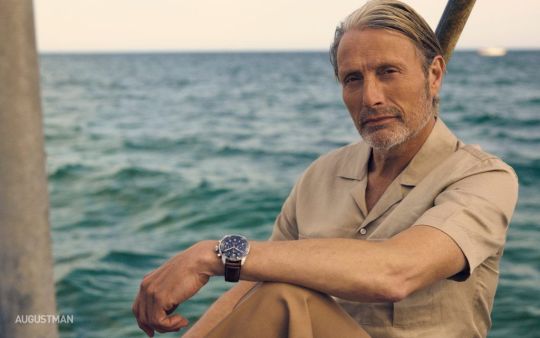
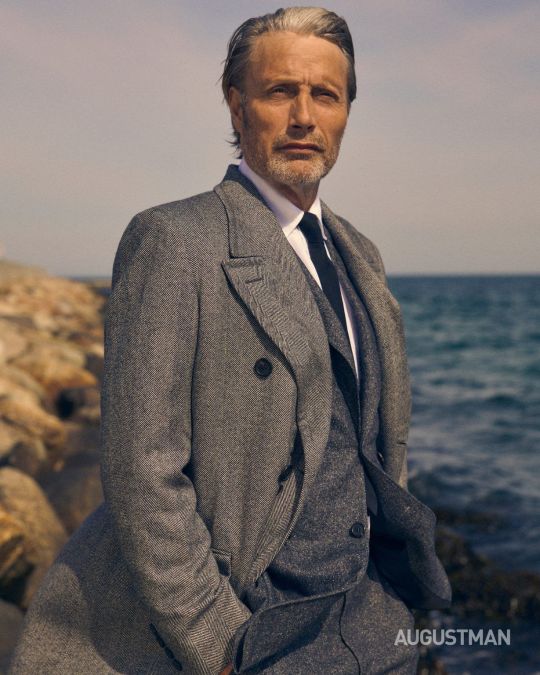

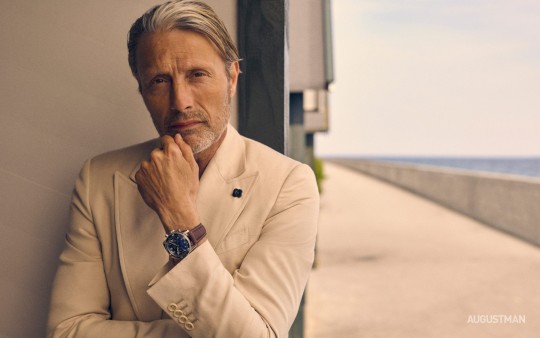
#hannibal lecter#will graham#hannibal#hannigram#hugh dancy#mads mikkelsen#murder husbands#will loves hannibal#hannibal loves will#gellert grindelwald#peepaw mads#mads mikkelsen edit#daddy mads#mads mikkleson#hannibal and will#will x hannibal#hannibal x will#hannibal edit
363 notes
·
View notes
Text
Jimin’s collaborations with Dior and Tiffany &. Co have been named one of the 10 Best Fashion Collaborations of 2023!
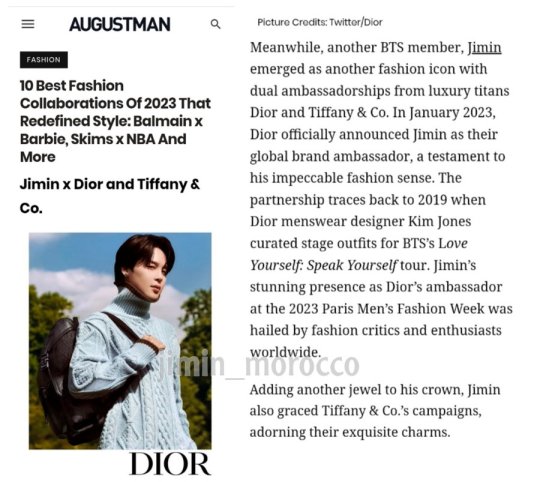
Augustman magazine, including Jimin on their list, noted his “impeccable fashion sense.”
Be sure to engage with the original article!
16 notes
·
View notes
Text
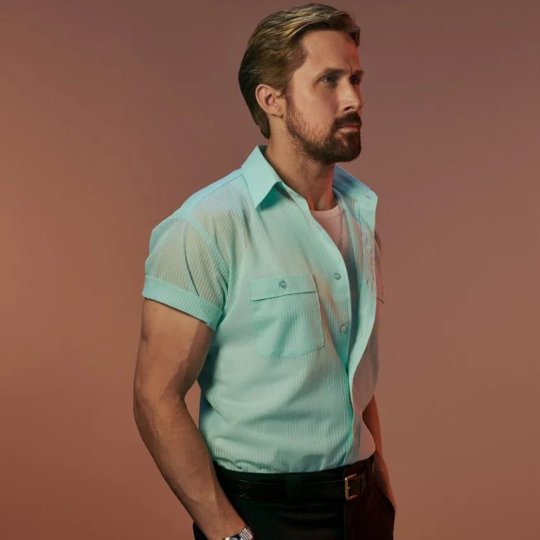
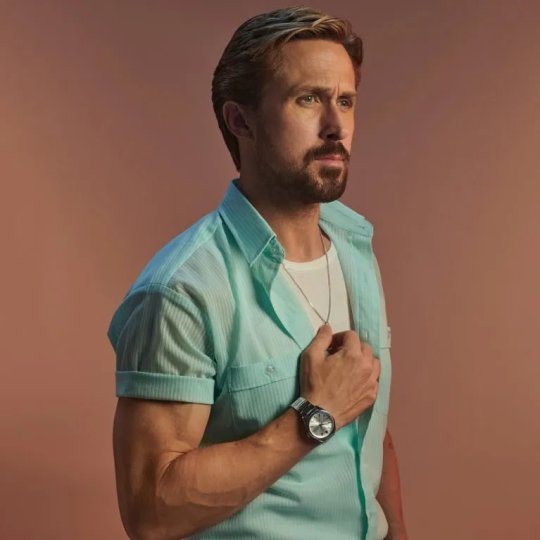
Ryan Gosling photographed by Pari Dukovic for Augustman Magazine.
#actor#photoshoot#ryan gosling#drive#barbie#blade runner 2049#la la land#crazy stupid love#the place beyond the pines#blue valentine#the nice guys#🔥🔥🔥🔥🔥#mancandykings
243 notes
·
View notes
Text


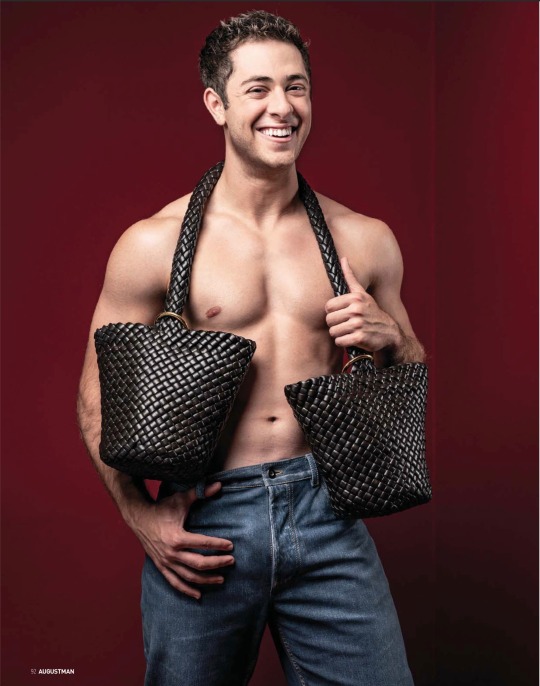
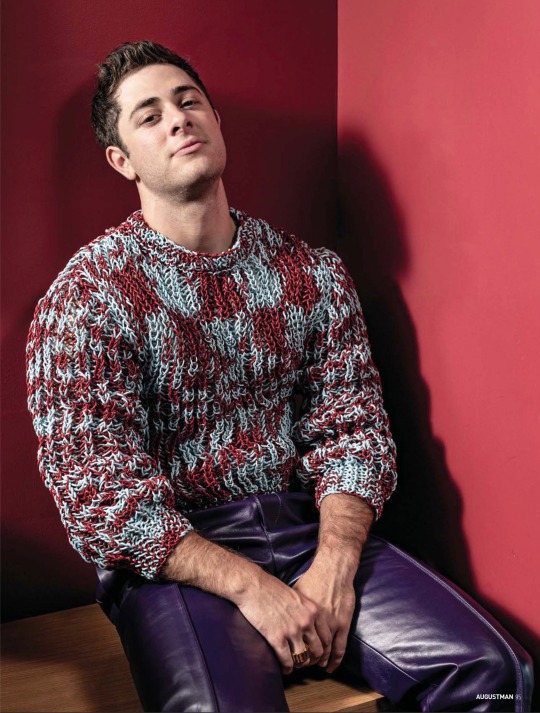

Jaren Lewison
Augustman Magazine - Andrew MacPherson (2022)
6 notes
·
View notes
Text

In Fashion: Kim Jones talks Dior, curatorial practices and being the 'King of Collaboration' - YouTube
Show Studio. (2019). In Fashion: Kim Jones talks Dior, curatorial practices and being the 'King of Collaboration'. [Online]. Youtube. Last Updated: 30 May, 2019. Available at: https://www.youtube.com/watch?v=5SwzkQ5JPog [Accessed 23 November 2023].
Inside Kim Jones’ 5th Anniversary Dior Men’s Show | System | Show Notes - YouTube
System Magazine. (2023). Inside Kim Jones’ 5th Anniversary Dior Men’s Show | System | Show Notes. [Online]. Youtube. Last Updated: 25 June, 2023. Available at: https://www.youtube.com/watch?v=92-SOlu7FeU [Accessed 23 November 2023].
Anna Murphy. (2022). Inside The Mind Of Dior’s Talented Mr. Jones. [Online]. Augustman. Last Updated: June 16, 2022. Available at: https://www.augustman.com/sg/fashion/inside-the-mind-of-diors-talented-mr-jones/ [Accessed 23 November 2023].
Steve Dool. (2018). Kim Jones Is Making Dior Fun Again. [Online]. Complex. Last Updated: June 23, 2018. Available at: https://www.complex.com/style/a/steve-dool/kim-jones-dior-mens-debut-fashion-show-review [Accessed 23 November 2023].
0 notes
Text
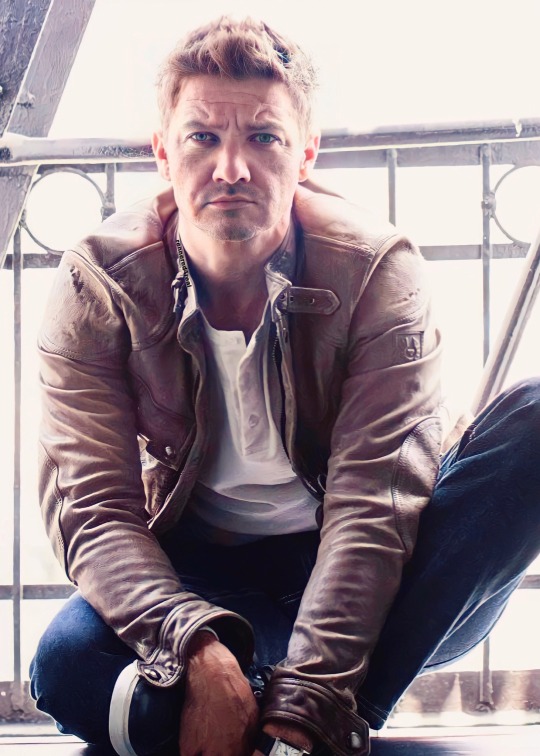
Jeremy Renner photographed by Sarah Dunn for Augustman Magazine (2016)
#jeremy renner#jeremyrenner#jeremy renner edit#jeremyrenneredit#hawkeye#clint barton#avengers#marvel#avengers endgame#marvelcastedit#marvel cast edit#hawkeye series#hawkeyeseries#sarah dunn photo#Augustman magazine
119 notes
·
View notes
Photo

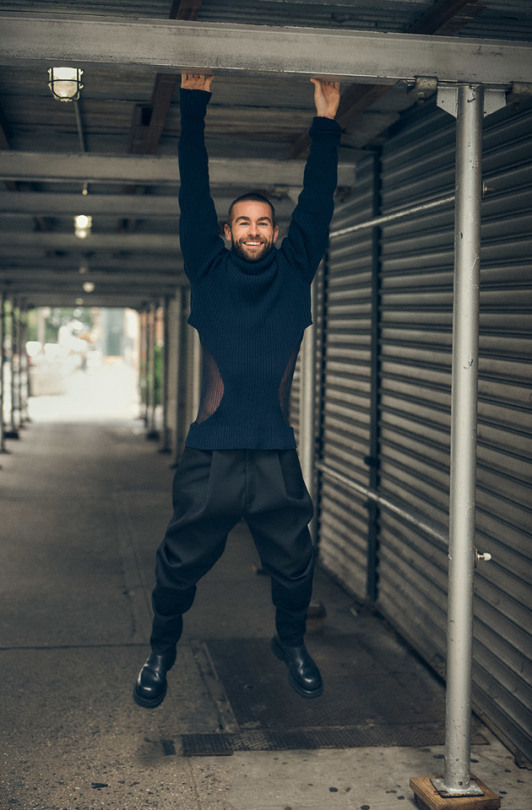

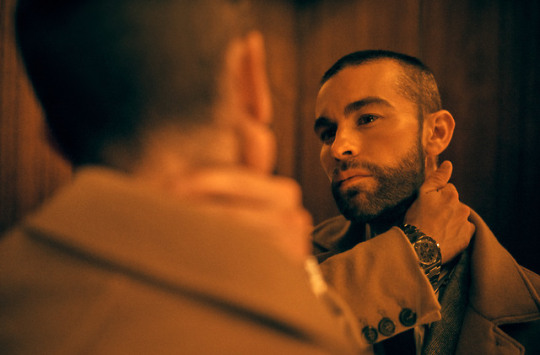
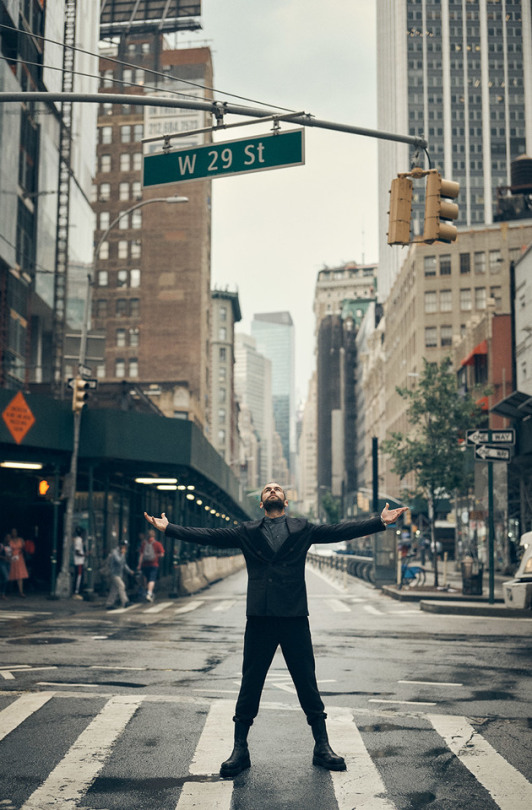
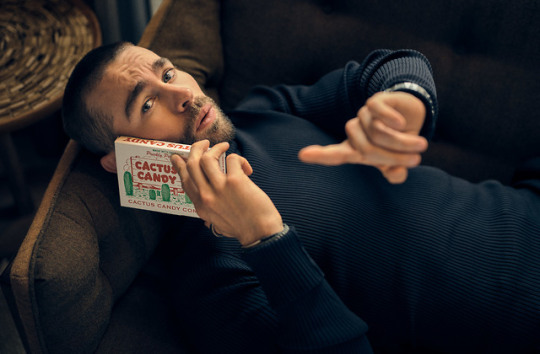

Chace Crawford portada & photoshoot para Augustman Magazine
3 notes
·
View notes
Text
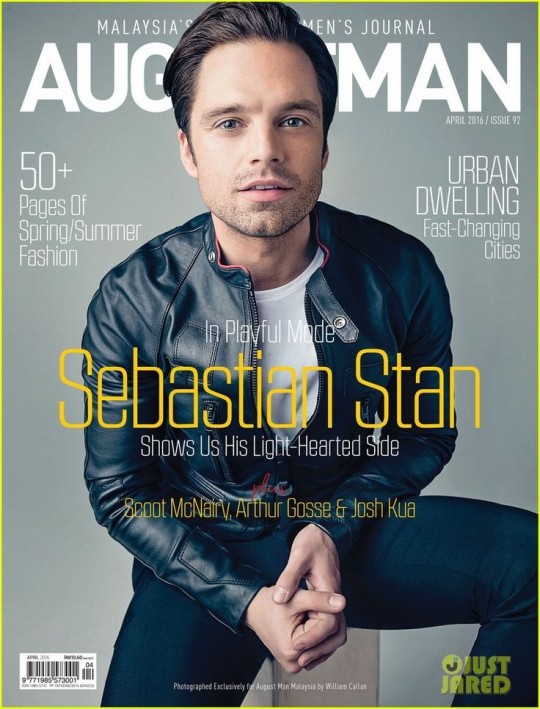
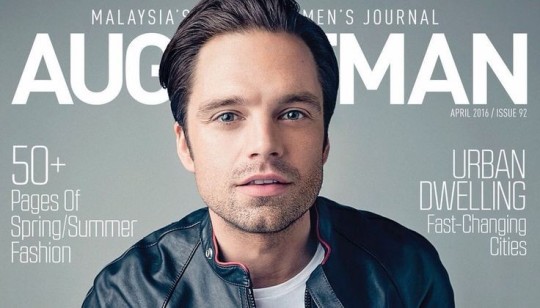
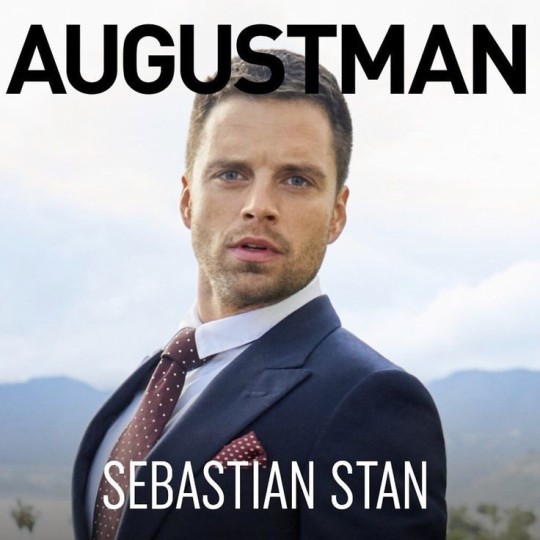

2 notes
·
View notes
Photo
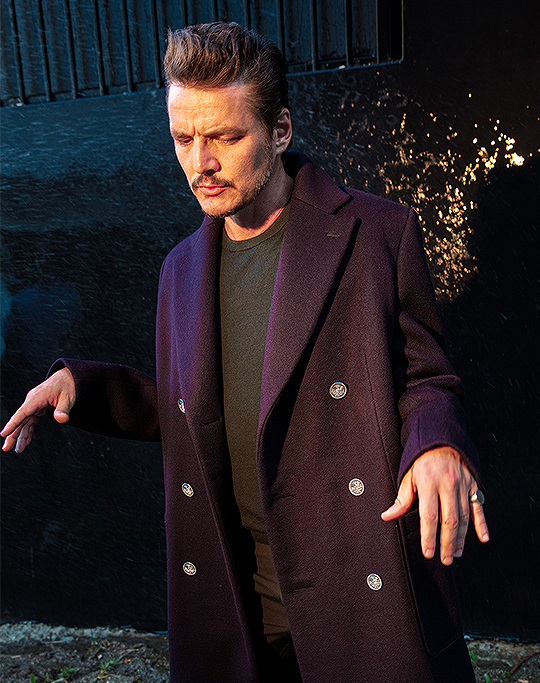
autumn vibes 🍂
#pedro pascal#photoshoot#augustman magazine#pedropascaledit#the weather is nice and I thought about this pic#happy weekend
730 notes
·
View notes
Photo
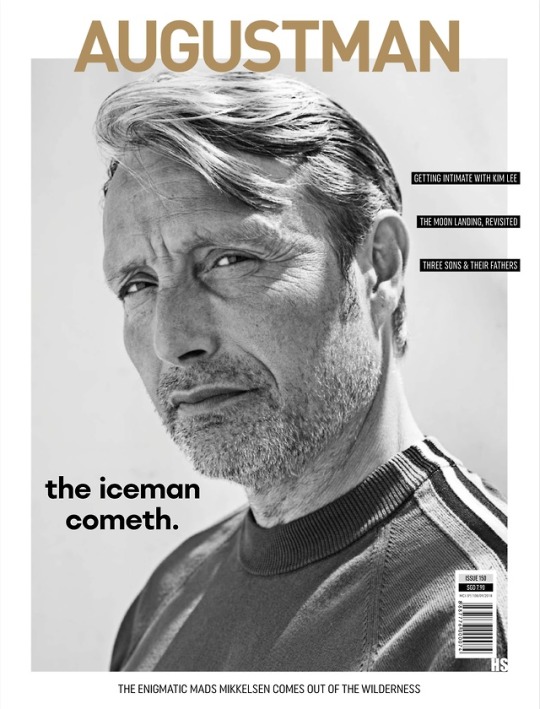
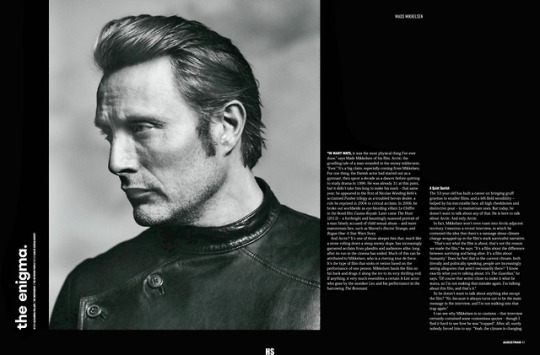
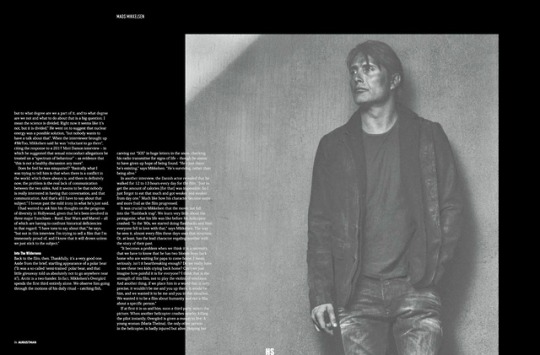
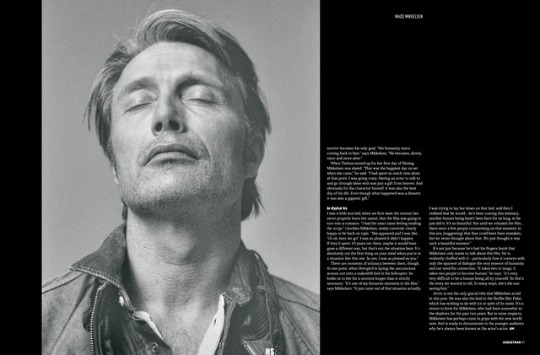
Mads Mikkelsen in AUGUSTMAN SG
Photos by Carlos Serraro. Words by Alexandra Pollard/Farhan Shah (June 2019)
article also found on augustman.com:
THE ENIGMATIC MADS MIKKELSEN IS HAVING A MOMENT THIS YEAR
“In many ways, it was the most physical thing I’ve ever done,” says Mads Mikkelsen of his film, Arctic, the gruelling tale of a man stranded in the snowy wilderness. “Ever.” It’s a big claim, especially coming from Mikkelsen. For one thing, the Danish actor had started out as a gymnast, then spent a decade as a dancer before quitting to study drama in 1996. He was already 31 at this point, but it didn’t take him long to make his mark – that same year, he appeared in the first of Nicolas Winding Refn’s acclaimed Pusher trilogy as a troubled heroin dealer, a role he reprised in 2004 to critical acclaim. In 2006, he broke out worldwide as eye-bleeding villain Le Chiffre in the Bond film Casino Royale. Later came The Hunt (2012) – a forthright and hauntingly nuanced portrait of a man falsely accused of child sexual abuse – and more mainstream fare, such as Marvel’s Doctor Strange, and Rogue One: A Star Wars Story.
And Arctic? It’s one of those sleeper hits that, much like a stone rolling down a steep snowy slope, has increasingly garnered acclaim from plaudits and audiences alike, long after its run in the cinema has ended. Much of this can be attributed to Mikkelsen, who is a riveting tour de force. It’s the type of film that sinks or swims based on the performance of one person. Mikkelsen hauls the film on his back and drags it along the ice to its very thrilling end. If anything, it very much resembles a certain A-List actor who goes by the moniker Leo and his performance in the harrowing The Revenant.
A Quiet Danish
The 53-year-old has built a career on bringing gruff gravitas to smaller films, and a left-field sensibility – helped by his inscrutable face, all high cheekbones and distinctive pout – to mainstream ones. But today, he doesn’t want to talk about any of that. He is here to talk about Arctic. And only Arctic.
In fact, Mikkelsen won’t even roam into Arctic-adjacent territory. I mention a recent interview, in which he contested the idea that there’s a message about climate change wrapped up in the film’s stark survivalist narrative.
“That’s not what the film is about, that’s not the reason we made the film,” he says. “It’s a film about the difference between surviving and being alive. It’s a film about humanity.” Does he feel that in the current climate, both literally and politically speaking, people are increasingly seeing allegories that aren’t necessarily there? “I know exactly what you’re talking about, it’s The Guardian,” he says. “Of course that writer chose to make it what he wants, so I’m not making that mistake again. I’m talking about this film, and that’s it.”
So he doesn’t want to talk about anything else except the film? “No, because it always turns out to be the main message in the interview, and I’m not walking into that trap again.”
I can see why Mikkelsen is so cautious – that interview certainly contained some contentious quotes – though I find it hard to see how he was “trapped”. After all, surely nobody forced him to say: “Yeah, the climate is changing, but to what degree are we a part of it, and to what degree are we not and what to do about that is a big question. I mean the science is divided. Right now it seems like it’s not, but it is divided.” He went on to suggest that nuclear energy was a possible solution, “but nobody wants to have a talk about that”. When the interviewer brought up #MeToo, Mikkelsen said he was “reluctant to go there”, citing the response to a 2017 Matt Damon interview – in which he suggested that sexual misconduct allegations be treated on a “spectrum of behaviour” – as evidence that “this is not a healthy discussion any more”.
Does he feel he was misquoted? “Basically what I was trying to tell him is that when there is a conflict in the world, which there always is, and there is definitely now, the problem is the real lack of communication between the two sides. And it seems to be that nobody is really interested in having that conversation, and that communication. And that’s all I have to say about that subject.” I breeze past the mild irony in what he’s just said.
I had wanted to ask him his thoughts on the progress of diversity in Hollywood, given that he’s been involved in three major franchises – Bond, Star Wars and Marvel – all of which are having to confront historical deficiencies in that regard. “I have tons to say about that,” he says, “but not in this interview. I’m trying to sell a film that I’m immensely proud of, and I know that it will drown unless we just stick to the subject.”
Into The Wilderness
Back to the film, then. Thankfully, it’s a very good one. Aside from the brief, startling appearance of a polar bear (“It was a so-called ‘semi-trained’ polar bear, and that little giveaway told us absolutely not to go anywhere near it”), Arctic is a two-hander. In fact, Mikkelsen’s Overgård spends the first third entirely alone. We observe him going through the motions of his daily ritual – catching fish, carving out “SOS” in huge letters in the snow, checking his radio transmitter for signs of life – though he seems to have given up hope of being found. “He’s just there, he’s existing,” says Mikkelsen. “He’s surviving, rather than being alive.”
In another interview, the Danish actor revealed that he walked for 12 to 13 hours every day for the film. “Just to get the amount of calories [for that] was impossible. So I just forgot to eat that much and got weaker and weaker from day one.” Much like how his character become more and more frail as the film progressed.
It was crucial to Mikkelsen that the movie not fall into the “flashback trap”. We learn very little about the protagonist, what his life was like before his helicopter crashed. “In the ’80s, we started doing flashbacks and then everyone fell in love with that,” says Mikkelsen. The way he sees it, almost every film these days uses that structure. Or, at least, has the lead character regaling another with the story of their past.
“It becomes a problem when we think it is a necessity, that we have to know that he has two blonde boys back home who are waiting for papa to come home. I mean, seriously, isn’t it heartbreaking enough? Do we really have to see these two kids crying back home? Can’t we just imagine how painful it is for everyone? I think that is the strength of this film, not to play the violins of emotions. And another thing, if we place him in a world that is very precise, it wouldn’t be me and you up there, it would be him, and we wanted it to be me and you in this situation. We wanted it to be a film about humanity and not a film about a specific person.”
If at first it is us and him, soon a third party enters the picture. When another helicopter crashes nearby, killing the pilot instantly, Overgård is given a reason to live. A young woman (María Thelma), the only other person in the helicopter, is badly injured but alive. Helping her survive becomes his only goal. “His humanity starts coming back to him,” says Mikkelsen. “He becomes, slowly, more and more alive.”
When Thelma turned up for her first day of filming, Mikkelsen was elated. “That was the happiest day on set when she came,” he said. “I had spent so much time alone at that point, I was going crazy. Having an actor to talk to and go through ideas with was just a gift from heaven. And obviously for the character himself, it was also the best day of his life. Even though what happened was a disaster, it was also a gigantic gift.”
An Atypical Arc
I was a little worried, when we first meet the woman (we never properly learn her name), that the film was going to turn into a romance. “I had the exact same feeling reading the script,” chuckles Mikkelsen, newly convivial, clearly happy to be back on topic. “She appeared and I was like, ‘Uh oh, here we go!’ I was so pleased it didn’t happen. If they’d spent 10 years out there, maybe it would have gone a different way, but that’s not the situation here. It’s absolutely not the first thing on your mind when you’re in a situation like this one. So yes, I was as pleased as you.”
There are moments of intimacy between them, though. At one point, when Overgård is laying the unconscious woman out onto a makeshift bed in his helicopter, he holds on to her for a moment longer than is strictly necessary. “It’s one of my favourite moments in the film,” says Mikkelsen. “It just came out of that situation actually, I was trying to lay her down on that bed, and then I realised that he would… he’s been craving this intimacy, another human being hasn’t been here for so long, so he just did it. It’s so beautiful. Not until we released the film… there were a few people commenting on that moment, in this era, [suggesting] that that could have been mistaken, but we never thought about that. We just thought it was such a beautiful moment.”
It’s not just because he’s had his fingers burnt that Mikkelsen only wants to talk about this film. He is evidently chuffed with it – particularly how it conveys with only the sparsest of dialogue the very essence of humanity and our need for connection. “It takes two to tango, it takes two people to become human,” he says. “It’s very, very difficult to be a human being all by yourself. So that’s the story we wanted to tell. In many ways, she’s the one saving him.”
Arctic is not the only glacial title that Mikkelsen acted in this year. He was also the lead in the Netflix film Polar, which has nothing to do with ice in spite of its name. It’s a return to form for Mikkelsen, who had been somewhat in the shadows for the past two years. But in some respects, Mikkelsen has perhaps come to grips with the new world now. And is ready to demonstrate to the younger audience why he’s always been known as the actor’s actor.
by Farhan Shah
121 notes
·
View notes
Text

Welcome to my list of Pedro Pascal's Magazine Interviews & Photo Shoots.
Each one has the full photoshoot, alongside any outtakes & behind the scenes images; magazine clippings where possible, the interview in full and translated - alongside the language it was originally published in, where possible - and includes any behind the scenes videos too.
I wanted to create a list where I can enjoy re-reading these interviews over, and I hope you do too.
Enjoy! 🖤
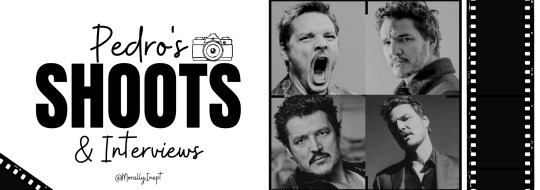
In chronological order of release, where possible:
Flaunt Magazine - Mar 2023
Wired Magazine - Feb 2023
Esquire Spain - Nov 2019
Augustman Singapore - Oct 2019
GQ Mexico - Oct 2018
Style Italia - July/Aug 2018
Solar - Nov 2017
GQ Spain & Mexico - Sept & Nov 2017
Shortlist Magazine - Aug 2017
Flaunt Magazine - Nov 2016
The Rake Magazine - Oct 2016
Orange Coast Magazine - April 2014
MORE TO BE ADDED SOON!
#pedro pascal#jose pedro balmaceda pascal#pedro pascal shoots#pedro pascal interview#pedro pascal photos#pedro pascal magazine#pedro pascal fandom#pedro pascal quotes#pedro pascal photo shoot#PPCU
118 notes
·
View notes
Photo
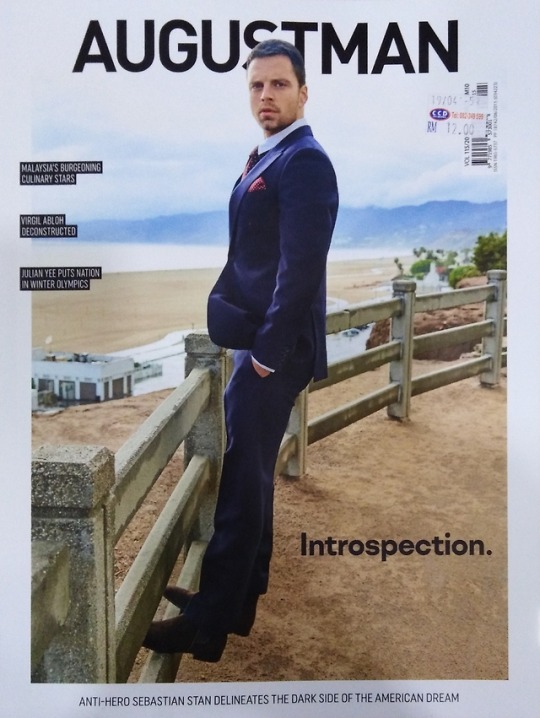
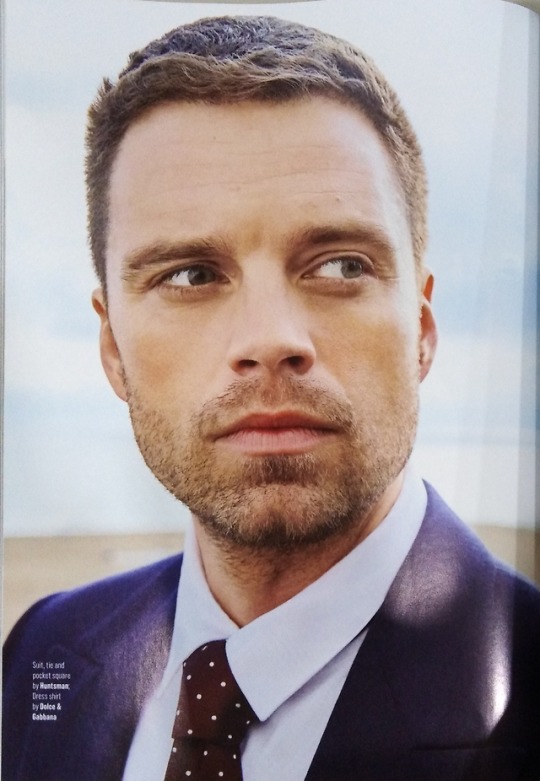
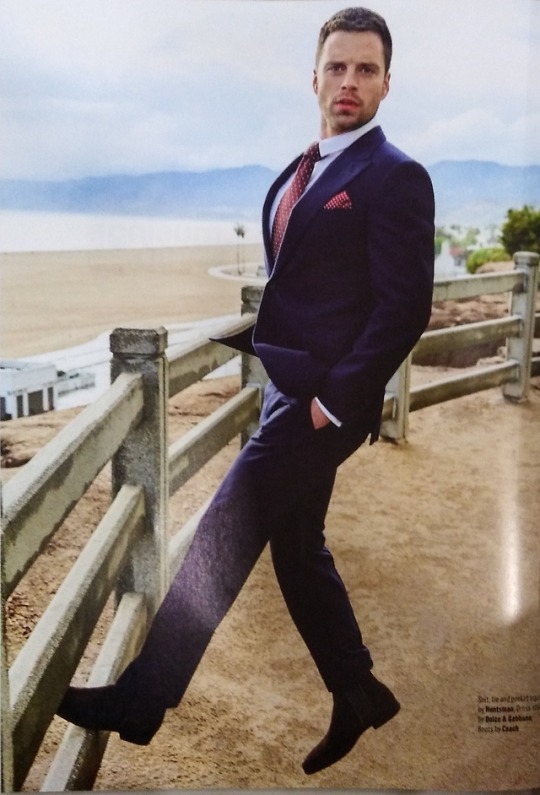

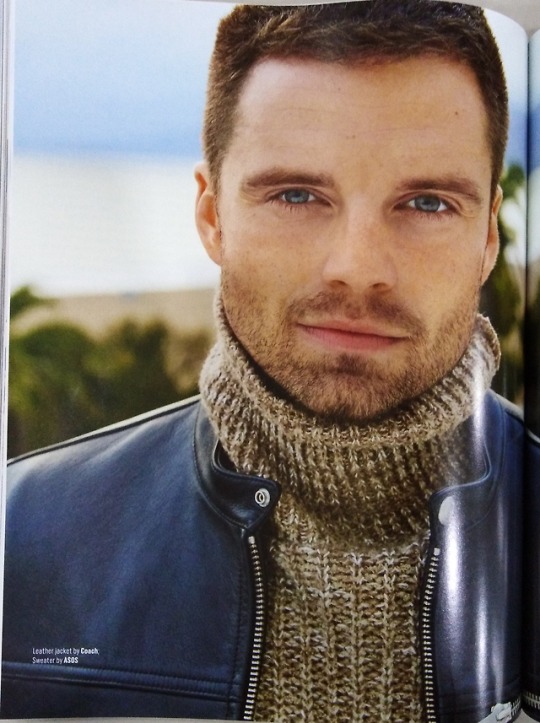
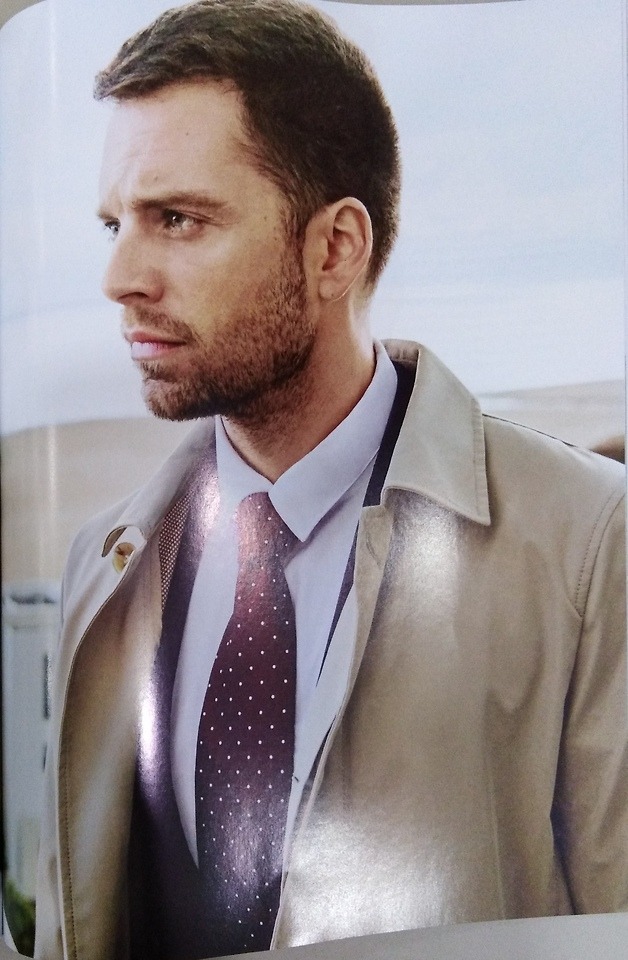
I am loitering around the mall while waiting for my friends to arrive so that we can watch IW together and I saw Seb on the Augustman cover in the bookstore. I don’t know of anyone is interested, but I will have the interview up on a different post coz there’s a limit here and all. Sorry for the shitty quality. Was taking it on my phone.
He looks really good though.
#sebastian stan#bucky barnes#james buchanen barnes#james barnes#augustman#winter soldier#captain america#magazine#not moodboard#mine
41 notes
·
View notes
Text



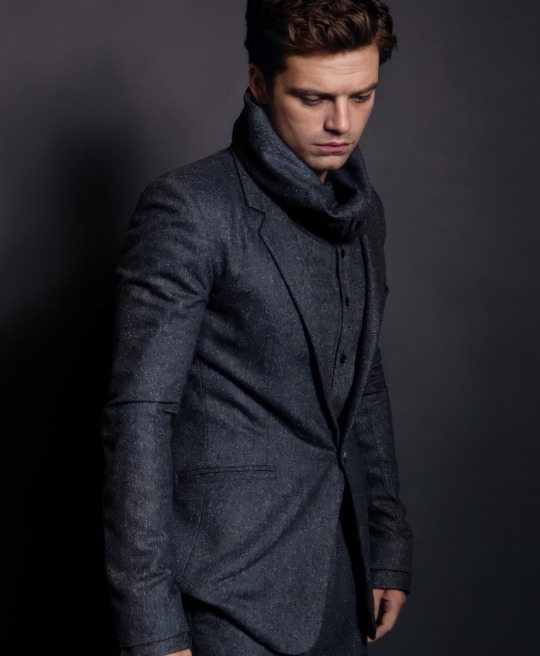

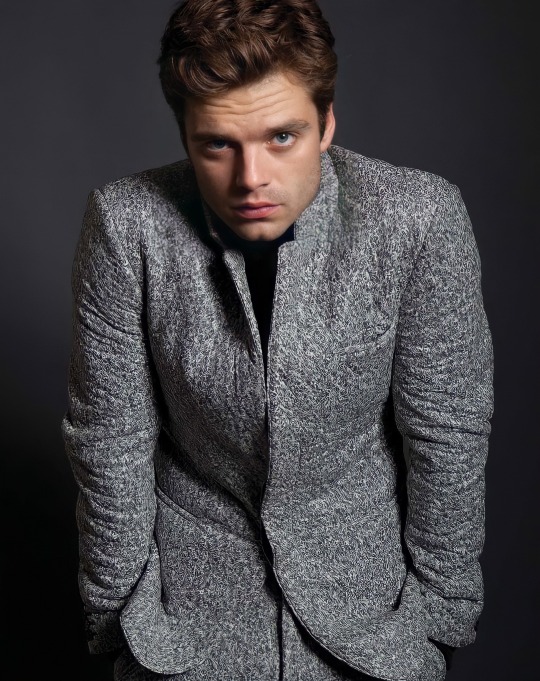
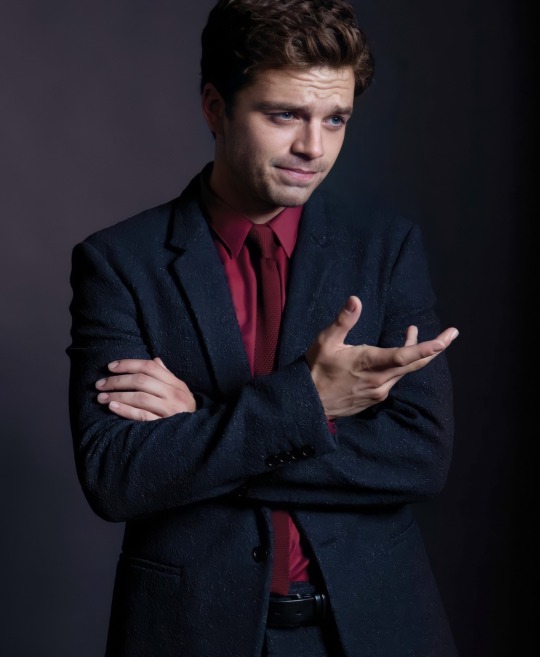
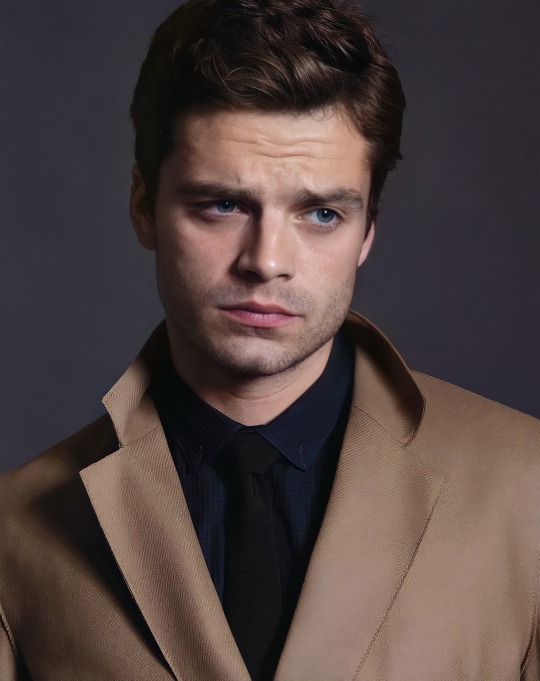
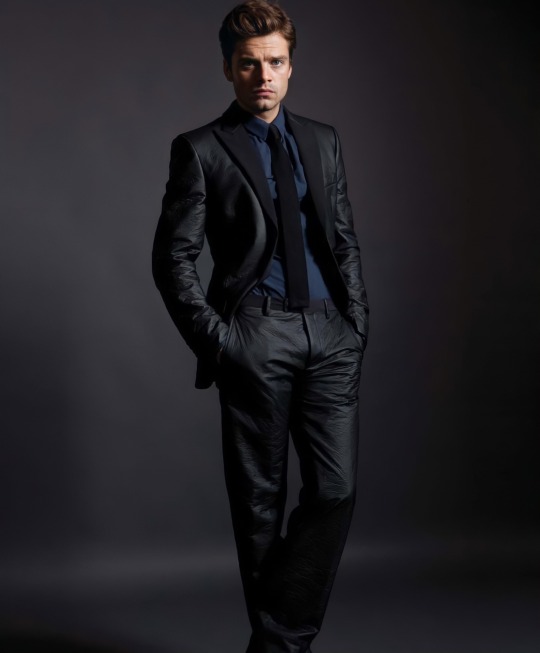
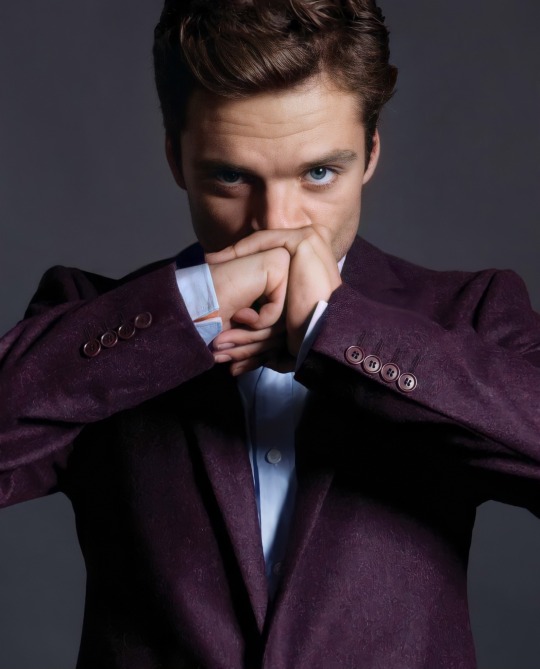
2011 Sebastian Stan 💙
📸 by Mitchell McCormack for Augustman Magazine 📸
#actor#sebastian stan#marvel#sebastianstanfan#sebastianstanperfect#sebastianstanismyhero#sebastian stan is so cute#photoshoot#photoshoots#sebastian stan photoshoot#sebastianstanedit#sebastian stan hot
177 notes
·
View notes